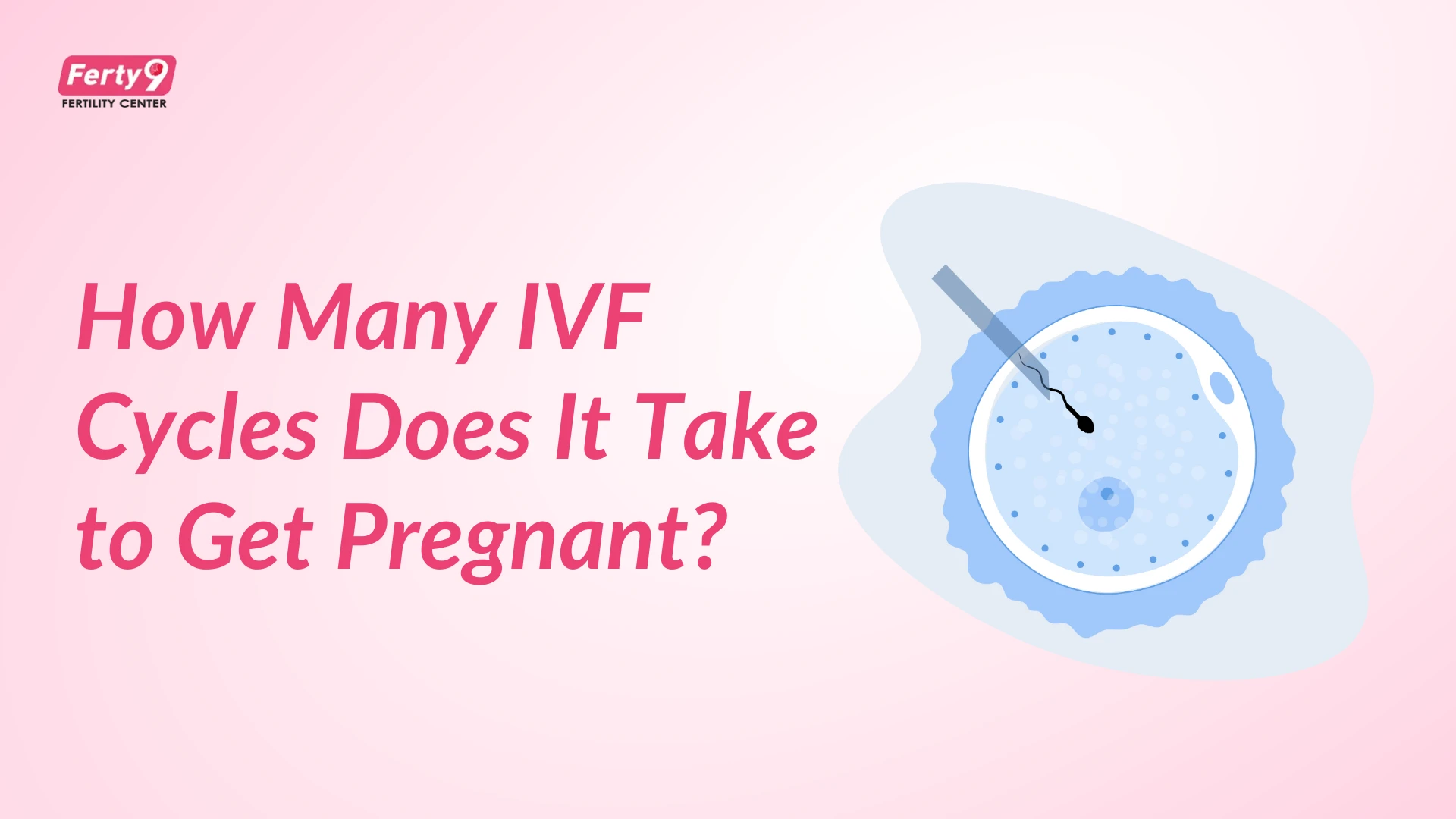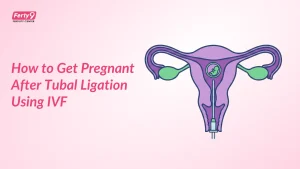One of the most stressful concerns for couples embarking on fertility treatment is understanding the potential duration of the process. A frequent and important question is, “How many cycles of In Vitro Fertilization (IVF) will it take to achieve a pregnancy?”
The most accurate answer is that there is no single, definitive number. The number of IVF cycles required for a successful pregnancy is highly individualized and varies significantly for every couple. IVF is not a uniform procedure but a deeply personal medical journey.
This article will outline the primary factors that influence this journey and provide a clearer perspective on what patients can expect.
Key Factors That Influence the IVF Process
Several critical factors play a role in determining the number of IVF cycles a patient may need.
1. The Influence of a Woman’s Age
The age of the female partner is the most significant factor influencing IVF outcomes. This is primarily due to the natural decline in the quantity and quality of a woman’s eggs as she ages.
- Under 35: Women in this age group generally have the highest probability of success per cycle, as ovarian reserve and egg quality are typically at their peak. Many women in this demographic succeed within their first or second attempt.
- 35 to 39: Success rates remain favorable, but it may require more than one cycle to achieve a successful pregnancy as egg quality begins to decline more noticeably.
- 40 and Over: Conceiving at this age can present more challenges. The probability of success per cycle is statistically lower, and it is more common for patients to undergo multiple cycles. Our specialists will develop a highly tailored protocol to maximize the potential for success.
2. The Underlying Cause of Infertility
The specific medical reason for requiring IVF has a direct impact on the treatment course.
- For conditions such as blocked fallopian tubes, IVF is a particularly effective treatment, as the procedure bypasses the fallopian tubes entirely. Success can often be achieved in fewer cycles.
- For complex conditions like severe endometriosis, diminished ovarian reserve (a low egg count), or significant male factor infertility, the process may require more attempts to retrieve viable eggs and create a healthy embryo.
3. The Role of Lifestyle and Overall Health
General health and lifestyle habits form the foundation for a successful pregnancy. Positive modifications in these areas can meaningfully impact IVF outcomes.
- Healthy Weight: Maintaining a healthy Body Mass Index (BMI) is clinically shown to improve IVF success rates.
- Nutrition: A balanced diet, rich in proteins, antioxidants, and whole grains, can contribute to improved egg and sperm health.
- Stress Management: Chronic stress can negatively affect hormonal balance. Implementing stress-reduction techniques, such as yoga, meditation, or consistent light exercise, is beneficial.
Principle of Cumulative Success Rates
It is essential for patients to look beyond the success rate of a single IVF cycle and instead consider the cumulative success rate.
This concept means that the probability of a successful pregnancy increases with each subsequent cycle.
Each treatment cycle provides your physician with invaluable data regarding your body’s response to the medications and procedures. This information is then used to meticulously refine and optimize the treatment protocol for the next attempt. Therefore, the total probability of having a baby after completing two or three full cycles is considerably higher than the probability in any single cycle. This highlights the importance of persistence and a strong partnership with your medical team.
The FERTY9 Approach: A Commitment to Personalised Care
At FERTY9 Fertility Centre, we are committed to a fully personalised treatment strategy. We do not utilize a “one-size-fits-all” protocol.
- Continuous Evaluation: Following each cycle, our specialists conduct a detailed review to analyze outcomes and refine the subsequent treatment plan.
- Advanced Medical Technology: Our state-of-the-art laboratory and highly skilled embryologists ensure that your gametes (eggs and sperm) and embryos receive the highest standard of care.
- Comprehensive Patient Support: We recognize the significant emotional investment involved in the IVF journey. Our team is dedicated to supporting you not only medically but also with genuine compassion and understanding.
Summary
While a number of couples achieve success in their first IVF attempt, it is common for others to reach their goal after a second or third cycle. It is crucial not to view an unsuccessful first cycle as a failure, but rather as a valuable learning step that brings you closer to achieving a successful pregnancy.
Your path to parenthood is unique. We are here to guide you with medical expertise and unwavering support throughout the entire process. To discuss your personal treatment path and develop a plan tailored to your specific needs, we invite you to schedule a consultation with the fertility experts at FERTY9.




























